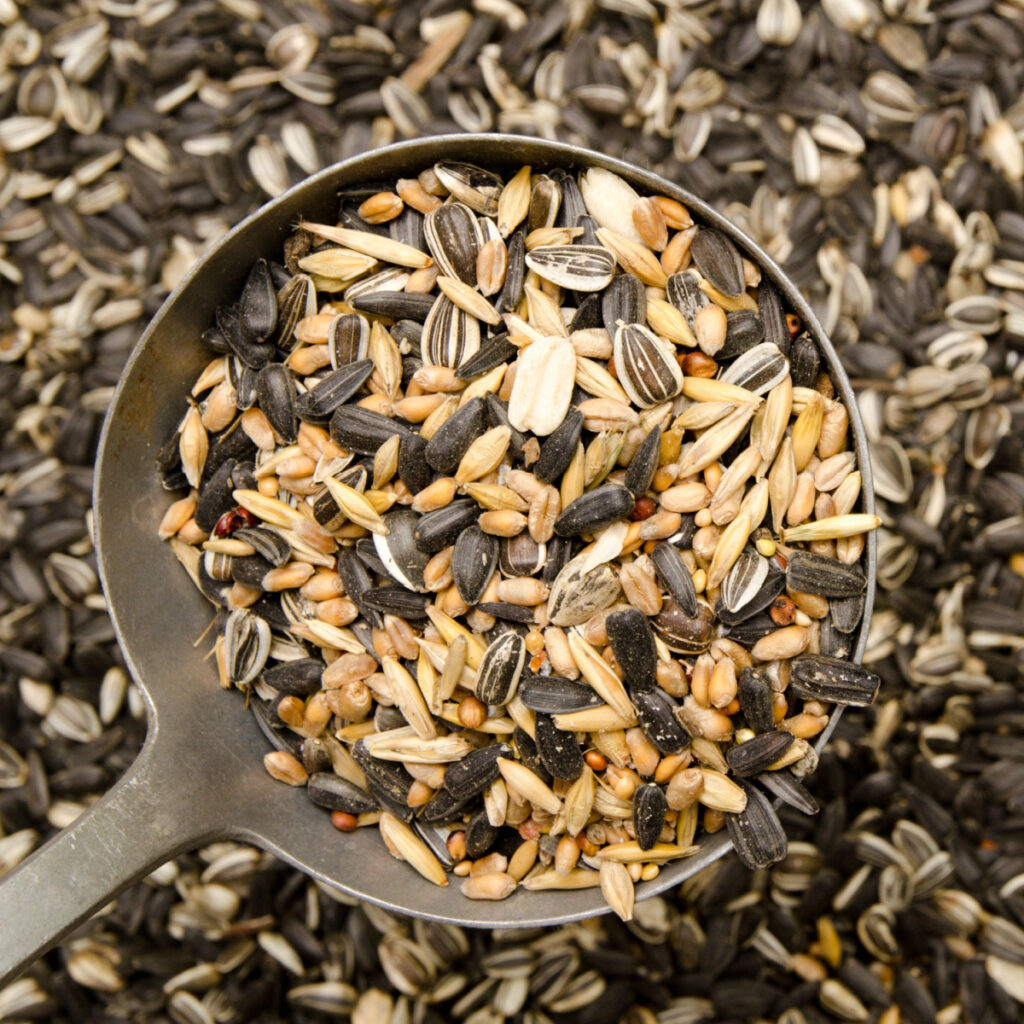Discover how small farmers are innovating to compete with giants like Amazon Fresh, emphasizing sustainability, community, and local authenticity.
Birdseed has long been a popular snack for chickens, but is it safe for them to eat? It’s important to be aware of the risks associated with feeding birds and other poultry birdseed, as it can contain potentially harmful ingredients. Let’s take a look at what you need to know about feeding birdseed to chickens.

Birdseed is a popular food for birds, and chickens are no exception. This mix of grains and seeds provides birds with the nutrition they need to stay healthy. It is important to note, however, that birdseed should be offered in moderation due to its high-fat content. Chickens need a balanced diet of mainstays like greens, grains, insects, and occasional treat foods just like other pets. Birdseed can still be used as an occasional treat for your chickens and is typically well received by them!
The first thing to consider when deciding whether or not to feed birdseed to your chickens is the type of birdseed in question. Certain types of birdseed can be dangerous for chickens, such as black-oil sunflower seeds and safflower seeds. These types of seeds contain high levels of fat and protein, which can be dangerous if consumed in large amounts. The same goes for peanuts; they should not be fed to chickens because they are high in fat and protein.
Read More: The Benefits Of Turning Your Farm Into A CSA Business
On the other hand, there are some benefits to feeding your chickens birdseed. For example, some types of seeds are rich in calcium, which is essential for healthy bones and egg production in chickens. White millet is one example of a type of seed that contains higher amounts of calcium than many other types of bird seed. Additionally, some types of seeds contain B vitamins, zinc, iron, and magnesium – all essential nutrients for chicken health.
If you choose to feed your chickens birdseed, make sure you only give them mixtures specifically designed for poultry consumption (not wild birds). These types of mixtures usually contain grains like oats and barley, as well as small amounts of sunflower seeds or millet – both safe options for chickens. Carefully read the label on the package before purchasing any seed mixture so that you know exactly what ingredients are included in the mix.
It seems that birdseed is largely safe for chickens to consume. However, as with anything else, it is important to moderate their intake and keep an eye out for any potential allergies. If you have any concerns about your chicken's health, always consult a professional veterinarian. Do you give your chickens birdseed? Have you ever noticed any adverse effects? Let us know in the comments below!
Discover how small farmers are innovating to compete with giants like Amazon Fresh, emphasizing sustainability, community, and local authenticity.
Drive customer traffic to your online farm store with email marketing, social media, in-person tactics, and our tailored solutions. Boost your agricultural business now!
Elevate your winter chicken care with expert tips. Keep your flock warm, healthy, and productive during the chilly months.
